| 95, Bangabandhu Road, Narayanganj, Bangladesh. |
| Established: 1905 |
| Saturday | 9:00 AM-10:00 PM |
| Sunday | 9:00 AM-10:00 PM |
| Monday | 9:00 AM-10:00 PM |
| Tuesday | 9:00 AM-10:00 PM |
| Wednesday | 9:00 AM-10:00 PM |
| Thursday | 9:00 AM-10:00 PM |
| Friday | 9:00 AM-10:00 PM |
Restaurant Bbq Snacks Corner & Juice Bar Men Saloon Conference Room Department Store Convention Hall & Community Center Guest House Library Lounge Mosque
More than one hundred years back one day 20 recreation-thirsty White British nationals had set up European Club at Narayanganj, awash with the river Shitalakhhya, far away from their motherland in 1883. With the change of time after 1947, it came to be known as Narayanganj Club. On the occasion of the centenary celebration of this centurion traditional club we pay respect to all concerned, native and alien, dead or alive, irrespective of religion, caste and creed.
In 1893, British Community Institute had been established in this port city. In the first phase, the English were mainly its respected members. At the earlier stage, membership was not given even to people of the European countries other than those from England, Scotland and Ireland. On each Sunday, morning prayers used to be held, and on the other days of the week, eating, drinking, music and dance festivals would be arranged at this institute. The Community Institute would be called the European Club.
With the increase in the activities of the club, lounge and card room were established in 1905. With the rise in number of members and for holding recreation-oriented programme and sports a second building was constructed on the premises of the club. The building was roofed with fine straws and later with beautiful tiles. With dance, music, sports events and other entertainment-oriented programme, Narayanganj Amateur Theatrical Society (NATS) was established with the supervision of James Finlay. Soon it became a centre for dramatic rehearsal and staging of dramas.
The activities of the institute were not confined to the performance of music and dance alone, arrangements for various sports for physical fitness were also made. Football, billiard, lawn tennis, bridge, squash and rugby used to be arranged. Besides, golf at the Zimkhana field and shooting at the Rifles Club were arranged from the beginning under the supervision of the club. Exhibition of magic at the office of the Bangladesh Jute Association was also arranged under the auspices of the institute. Even Armenians or Anglo Indians could not be members of this club, let alone the locals, such was the aristocracy of the blue blooded British citizens. No famous and affluent persons of the sub-continent could be its members excepting some Australians and Americans during the Second World War.
Recreation was needed for elimination of fatigue. The workers of the Raj or the merchants who came here crossing seven seas and thirteen rivers established this institute, club, bar and the theatre, sports performance, library and other recreation-oriented programme.
During the Liberation War in 1971 the brutal Pakistani forces attacked the club like other places of the country. They burnt down old papers and documents kept in invincible security. So, the presentation of the past history of the club properly is not possible, only the history of the century-old club as gathered from eye-witness accounts is being presented.
The institute would pulsate with feasting, drinking, dance, music, sports events and dramatic performance throughout the year. As this was a very prestigious club in the East Bengal, members from Chittagong, Sylhet, Barisal, Khulna and Dhaka clubs were desirous of becoming members of this club. ‘Cento Nine Night’ used to be celebrated on 30th November each year. That night would turn wild with the festive mood with illumination, drinking, music and dance. Children’s party would be celebrated on 24th December.
Assemblage of boys and girls clad in their best attires would add additional charm to the occasion. Helicopter would land on the function that day. Santa Clause would offer presentations to the children on the X’mas. He would also bless the children. 25th December would be spent amid reception, prayers and 31st December would herald the end of the year, and one minute past midnight would mark the New Year amid endless celebration of joy and tumultuous dance. Every year in November members of UKAP would hold a get-together here.
After the partition of the country in 1947, some locals became members of the club. At the initial stage among the Bangalees were Kazi Azhar Hossain, K Rashid, footballer Junior MA Rashid, and Kabir Ahmed. After the partition of the country, HMV Gramophone Company made arrangement for recording songs at this institution. Famous singers Abbasuddin, Abdul Halim Chowdhury, Bedaruddin and Ferdousi Begum participated in the programme. But due to horns of steamers and whistles of trains this arrangement did not last long.
MA Sattar was elected as first Bengali president of the club in 1967 and SMM Hossain was elected as first honorary secretary in 1969. With the passage of time the number of members of the club rose to 250 in 1992 at the century of the club. In 2014, the number of members of the club stood at 1400. The European Club after crossing the century gloriously has been functioning as Narayanganj Club. Let this establishment flourish gradually.
At this glorious and memorable moment I welcome those who had been and still are associated with this club in weal and woe, in times of prosperity and setbacks and those who put their physical and financial support for the flourishment of this organization. Let this moment be loving, musical, memorable and everlasting in our life.
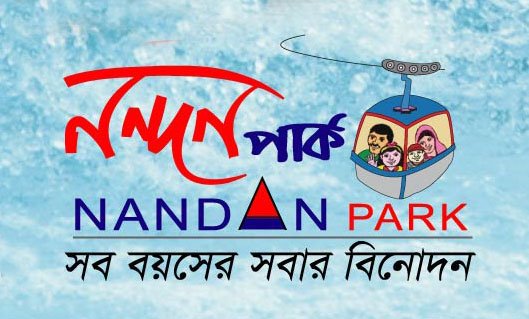
0 10456

0 4209
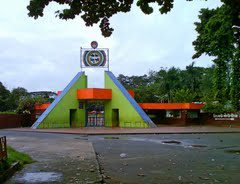
0 13249

1 15005
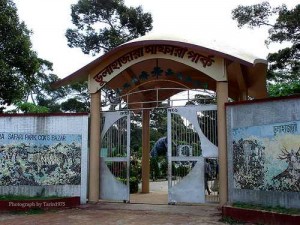
0 12089

0 11405

0 4519
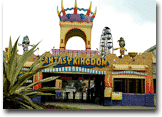
1 11708
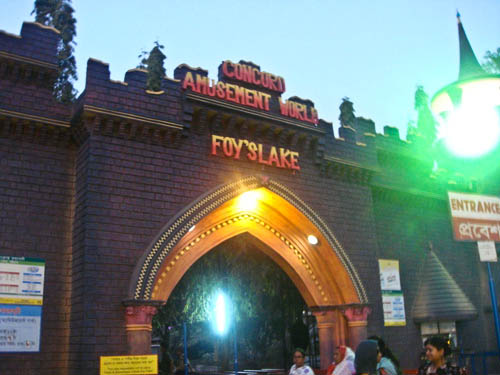
0 9722

0 3792
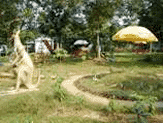
0 4161
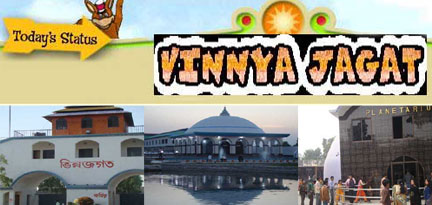
0 5526

0 3340

0 3694

0 3136